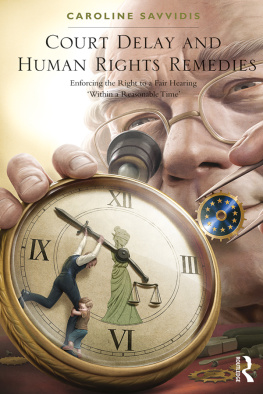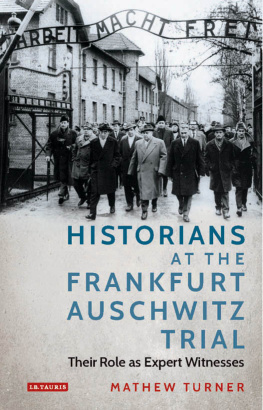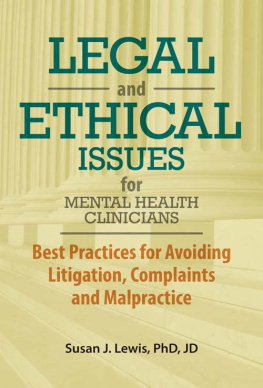Delafontaine - Historians as expert judicial witnesses in tobacco litigation : a controversial legal practice
Here you can read online Delafontaine - Historians as expert judicial witnesses in tobacco litigation : a controversial legal practice full text of the book (entire story) in english for free. Download pdf and epub, get meaning, cover and reviews about this ebook. year: 2015, publisher: Springer International Publishing, Cham, genre: Romance novel. Description of the work, (preface) as well as reviews are available. Best literature library LitArk.com created for fans of good reading and offers a wide selection of genres:
Romance novel
Science fiction
Adventure
Detective
Science
History
Home and family
Prose
Art
Politics
Computer
Non-fiction
Religion
Business
Children
Humor
Choose a favorite category and find really read worthwhile books. Enjoy immersion in the world of imagination, feel the emotions of the characters or learn something new for yourself, make an fascinating discovery.
- Book:Historians as expert judicial witnesses in tobacco litigation : a controversial legal practice
- Author:
- Publisher:Springer International Publishing, Cham
- Genre:
- Year:2015
- Rating:3 / 5
- Favourites:Add to favourites
- Your mark:
Historians as expert judicial witnesses in tobacco litigation : a controversial legal practice: summary, description and annotation
We offer to read an annotation, description, summary or preface (depends on what the author of the book "Historians as expert judicial witnesses in tobacco litigation : a controversial legal practice" wrote himself). If you haven't found the necessary information about the book — write in the comments, we will try to find it.
Historian Ramses Delafontaine presents an engaging examination of a controversial legal practice: the historian as an expert judicial witness. This book focuses on tobacco litigation in the U.S. wherein 50 historians have witnessed in 314 court cases from 1986 to 2014. The author examines the use of historical arguments in court and investigates how a legal context influences historical narratives and discourse in forensic history. Delafontaine asserts that the courtroom is a performative and fact-making theatre. Nonetheless, he argues that the civic responsibility of the historian should not end at the threshold of the courtroom where history and truth hang in the balance.
The book is divided into three parts featuring an impressive range of European and American case studies. The first part provides a theoretical framework on the issues which arise when history and law interact. The second part gives a comparative overview of European and American examples of forensic history. This part also reviews U.S. legal rules and case law on expert evidence, as well as extralegal challenges historians face as experts. The third part covers a series of tobacco-related trials. With remunerations as high as hundreds of thousands of dollars and no peer-reviewed publications or communication on the part of the historians hired by the tobacco companies the question arises whether some historians are willing to trade their reputation and that of their university for the benefit of an interested party. The book further provides 50 expert profiles of the historians active in tobacco litigation, lists detailing the manner of the experts involvement, and West Law references to these cases.
This book offers profound and thought-provoking insights on the post-war forensification of history from an interdisciplinary perspective. In this way, Delafontaine makes a stirring call for debate on the contemporary engagement of historians as expert judicial witnesses in U.S. tobacco litigation.
Delafontaine: author's other books
Who wrote Historians as expert judicial witnesses in tobacco litigation : a controversial legal practice? Find out the surname, the name of the author of the book and a list of all author's works by series.

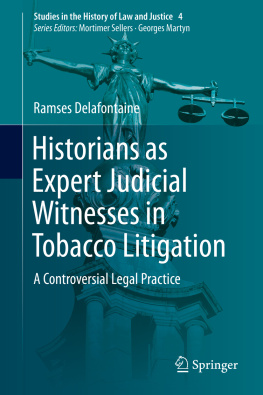

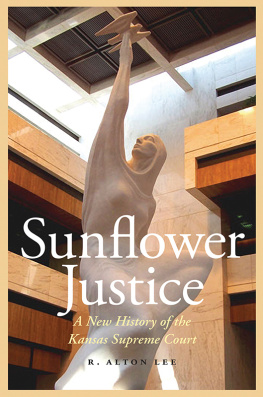
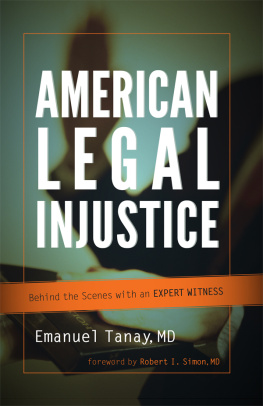
![Deborah E. Lipstadt - Denial [Movie Tie-in]: Holocaust History on Trial](/uploads/posts/book/373085/thumbs/deborah-e-lipstadt-denial-movie-tie-in.jpg)
